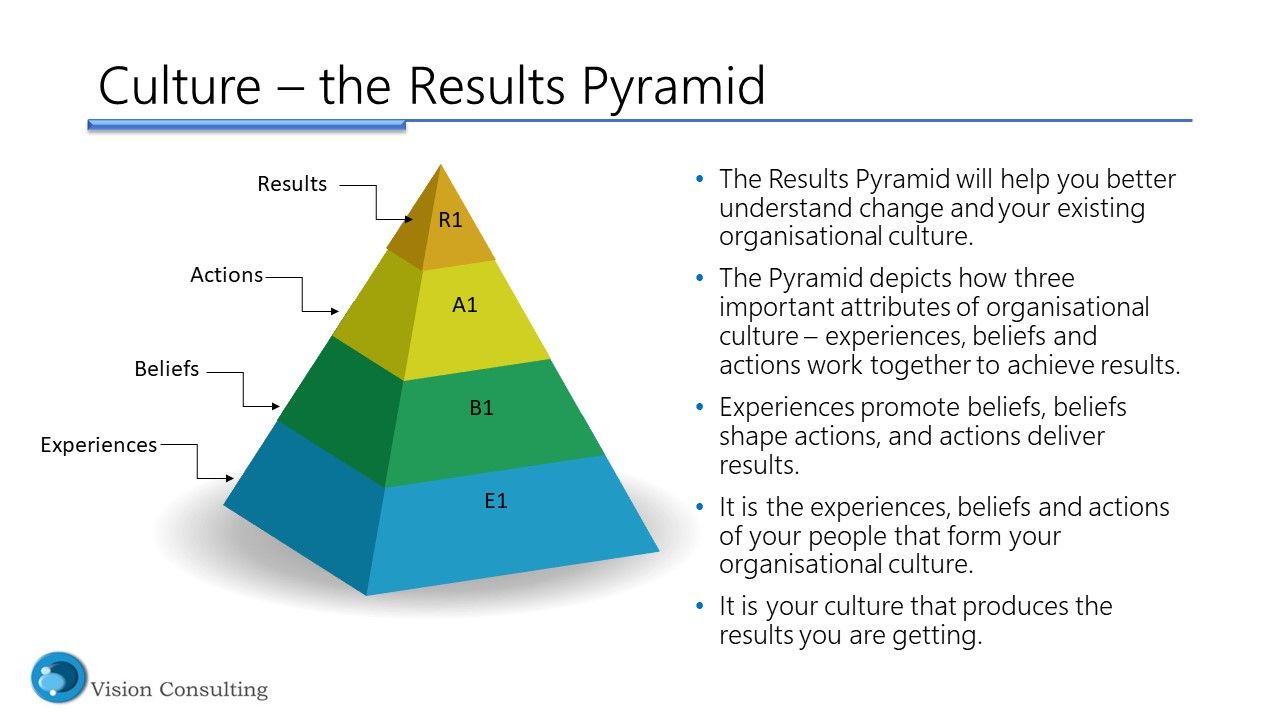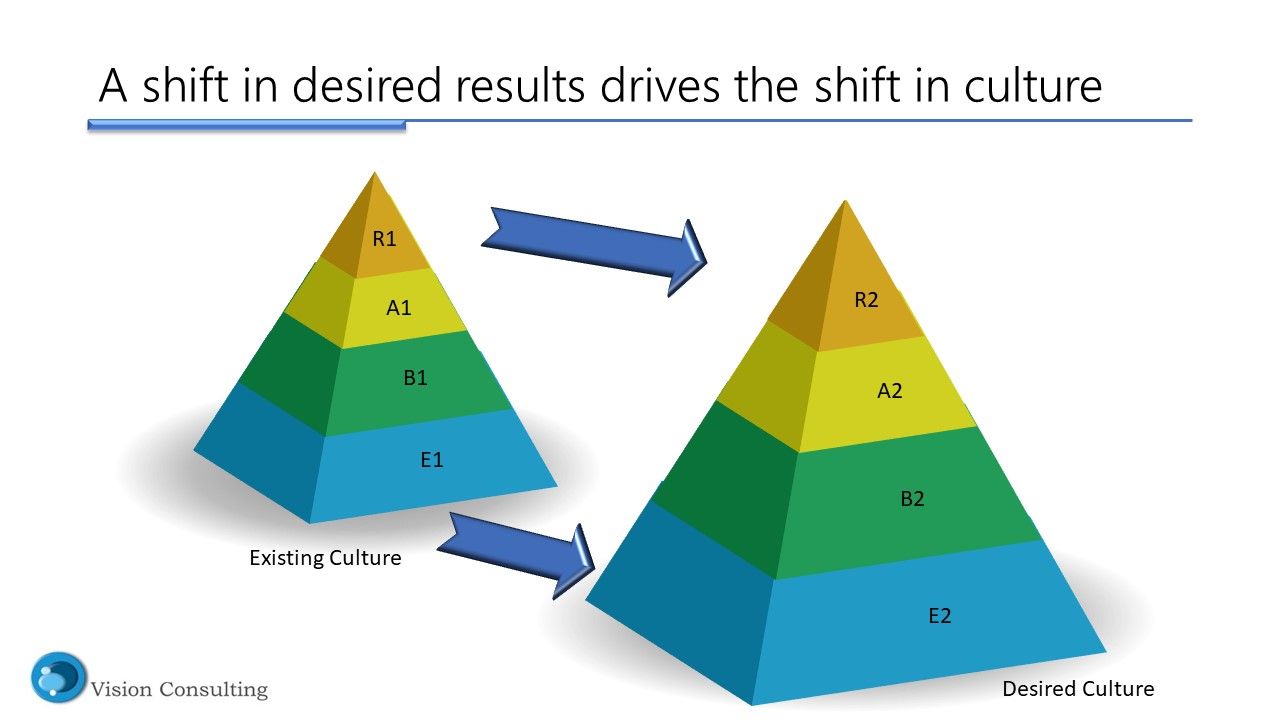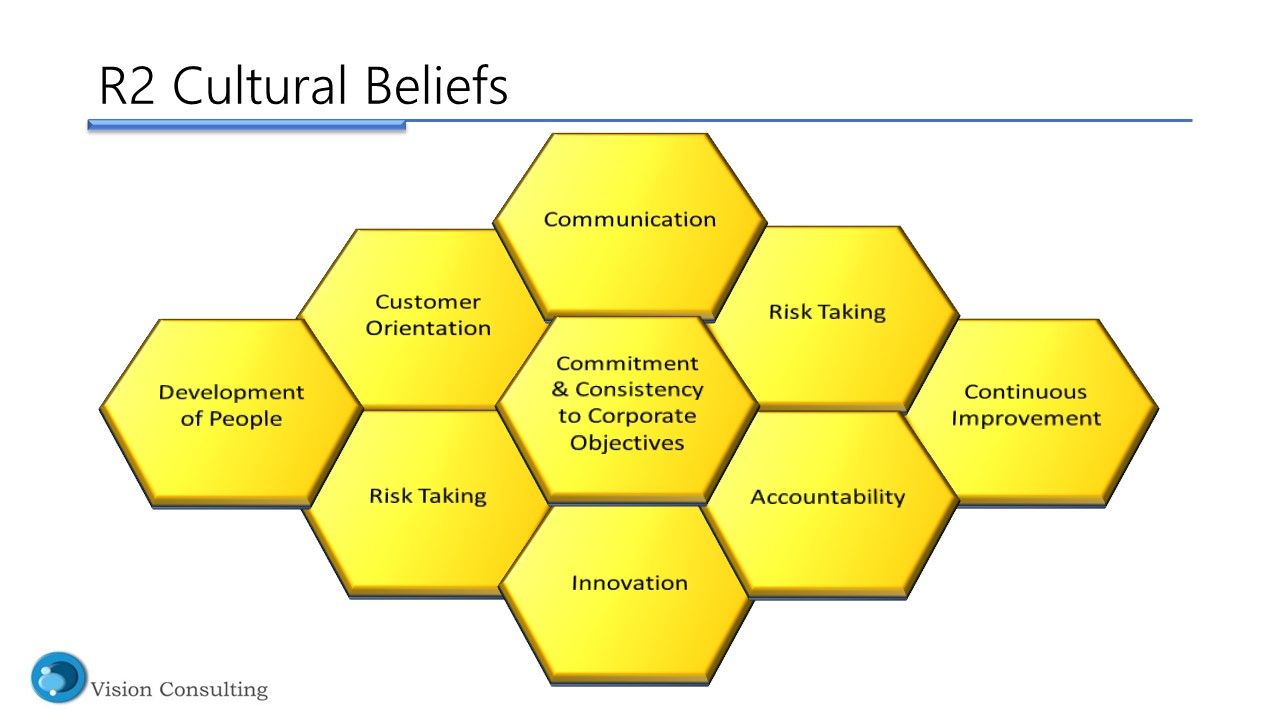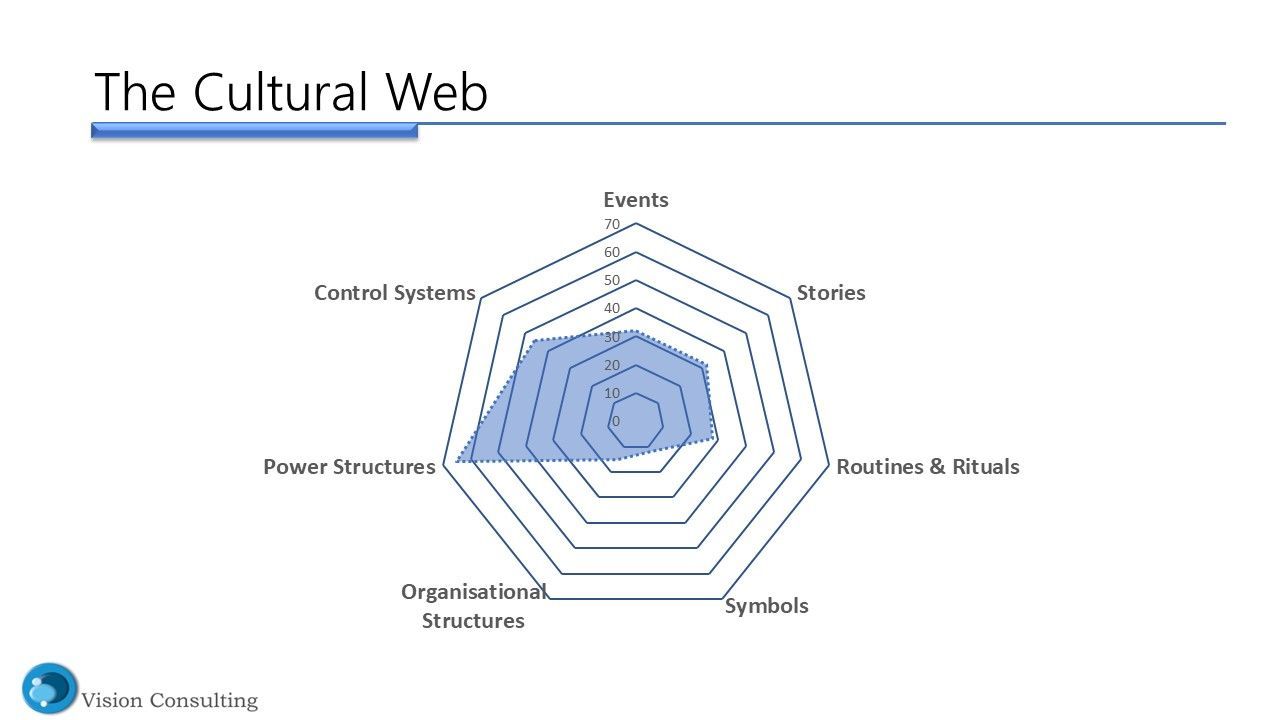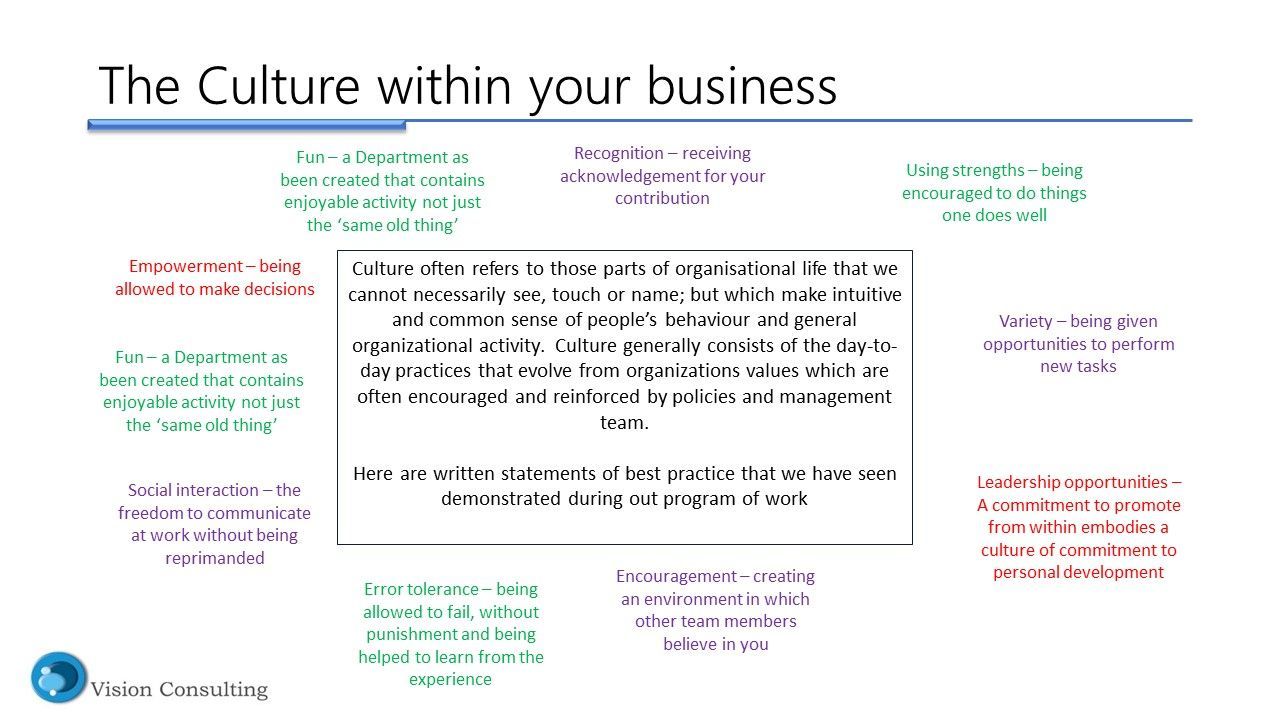The Peril of Consciously Incompetent Managers: Impeding Organisational Change
Introduction:
I was once told by a Mentor "beware of the conscious incompetent manager. because they are the most dangerous," and was my Mentor right, yes he was. Here is why. In today's fast-paced and evolving business landscape, organisational change has become a necessary element for growth and survival. Whether it's implementing new technologies, adapting to market trends, or restructuring processes, change is inevitable. However, one key factor that can significantly hinder successful change implementation is the presence of consciously incompetent managers. These individuals, who are aware of their lack of competence, pose a great danger to organizations striving to introduce change. In this article, we will explore why consciously incompetent managers can impede organisational change and provide insights on how to address this challenge effectively.
- Limited Understanding of the Change:
Consciously incompetent managers lack the necessary knowledge, skills, and understanding of the change initiatives being introduced. Their awareness of their incompetence can lead to resistance and scepticism towards change. They may feel threatened by the new direction and cling to outdated practices, unwilling to embrace change or invest in learning new methodologies. As change champions, managers should be well-versed in the objectives, benefits, and implementation strategies of organisational change to effectively guide their teams.
2. Undermining Employee Confidence:
When managers lack proficiency in change processes, their actions can undermine employee confidence. Employees look to their managers for guidance and support during periods of change. Consciously incompetent managers may display uncertainty, confusion, or contradictory behaviour, which can cause employee morale to plummet. This lack of confidence can hinder employees from embracing change, leading to reduced productivity, increased resistance, and a negative organisational culture.
3. Ineffective Communication:
Communication is a critical component of successful change management. Consciously incompetent managers may struggle to articulate the purpose, vision, and benefits of the change to their teams. They may also lack the ability to address concerns or answer questions effectively, leading to misunderstandings, confusion, and rumours. Clear and transparent communication is vital for engaging employees, generating buy-in, and building a shared sense of purpose during times of change.
4. Resistance to Delegating Authority:
Consciously incompetent managers often feel threatened by change, fearing that it may expose their lack of competence. As a result, they may resist delegating authority and decision-making to employees who possess the necessary skills and expertise. This reluctance to empower others can create bottlenecks, slow down the change process, and prevent the organization from leveraging the collective intelligence of its workforce. Effective change management requires managers to trust and empower their teams, allowing them to contribute and take ownership of the change initiative.
5. Lack of Support and Guidance:
When managers lack the skills and knowledge required to navigate change successfully, they struggle to provide the necessary support and guidance to their teams. Employees need a clear roadmap, access to resources, and ongoing feedback to adapt and excel during change. Consciously incompetent managers may fail to recognize the individual needs of their team members, leaving them feeling isolated and unsupported. This can lead to disengagement, increased resistance, and a higher likelihood of change failure.
Conclusion:
In a world where change is constant, organizations must have capable and competent managers leading their teams through transformational journeys. Consciously incompetent managers, although aware of their limitations, can pose significant risks to the successful implementation of change initiatives. Addressing this challenge requires organizations to invest in managerial development programs, enhance communication channels, foster a culture of continuous learning, and provide support structures for managers to grow their change management competencies. By empowering managers and equipping them with the necessary skills, organizations can overcome the hurdles presented by consciously incompetent managers and facilitate successful organisational change.
Exploring Leadership Styles for 2023: Insights and Best Practices
- TV Licensing
- Britannic Assurance
- Findel Education
- West Berkshire Council
- Northumberland Police
- Co-op Insurance Services
- London Midland Trains
- Barclaycard
- Monarch Airlines


